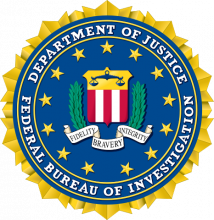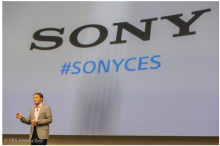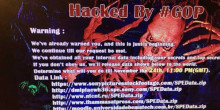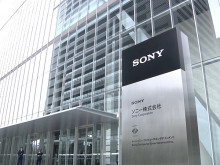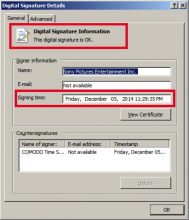Tracking the hacker trail from North Korea to Sony
The trail that led US officials to blame North Korea for the destructive cyberattack on Sony Pictures Entertainment in November winds back to 2010, when the National Security Agency scrambled to break into the well-guarded computer systems of a country considered one of the most impenetrable targets on earth.














































